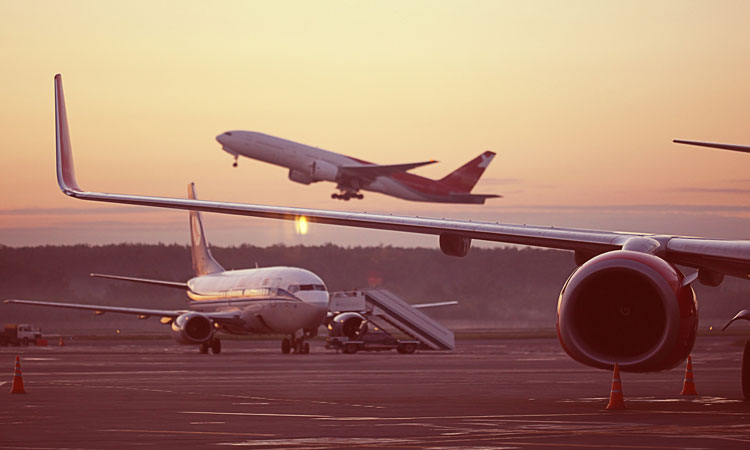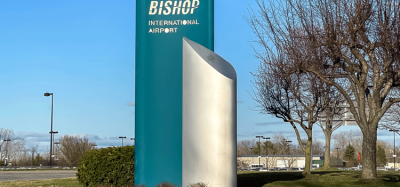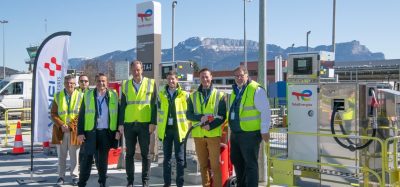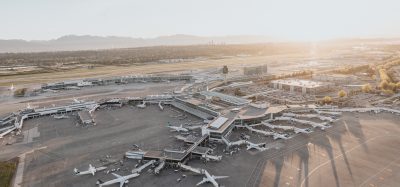Aviation recovery must lead to better understanding of noise
- Like
- Digg
- Del
- Tumblr
- VKontakte
- Buffer
- Love This
- Odnoklassniki
- Meneame
- Blogger
- Amazon
- Yahoo Mail
- Gmail
- AOL
- Newsvine
- HackerNews
- Evernote
- MySpace
- Mail.ru
- Viadeo
- Line
- Comments
- Yummly
- SMS
- Viber
- Telegram
- Subscribe
- Skype
- Facebook Messenger
- Kakao
- LiveJournal
- Yammer
- Edgar
- Fintel
- Mix
- Instapaper
- Copy Link
Posted: 17 July 2020 | International Airport Review | No comments yet
Aviation noise impacts the lives of thousands of people living near airports or under flightpaths across the UK every day.


The UK’s Independent Commission on Civil Aviation Noise (ICCAN) has called on airports to be clear about how they monitor and report noise as aircraft return to the skies.
How noise impacts are assessed, managed and mitigated is inconsistent and at times non-existent. Noise management must be improved if the industry is going to have a sustainable future.
ICCAN published a comprehensive review of the way UK airports collect, analyse and publish noise data. The report examines the different metrics used to assess exposure and makes recommendations that seek to improve the wider understanding of aviation noise.
Head Commissioner of ICCAN, Rob Light, said: “Metrics are a complex issue. This is something that we’ve heard time and time again from communities who feel that they are not as transparent and accessible as they could be.
“Metrics are crucial for measuring noise as it enables people to understand who is exposed and what potential impact it may have on their health and quality of life.
“The aviation industry has been through an uncertain and difficult time. But as planes return to the skies, we’re calling on airports to do more to demystify what metrics mean and make their data more readily available for people to access and understand.”
There is a wide range of metrics used to described noise exposure from aircraft but they are not always understood by the communities and those affected. The first step towards better noise management in the UK must start with improving how it is measured and the data shared. ICCAN’s recommendations for airports include publishing more noise data online, improving the presentation and explanation around it and making more temporary monitoring available to local communities.
ICCAN’s findings and recommendations:
- L A e q-based metrics currently used for noise monitoring should continue, but supplementary metrics should routinely be published by airports to better reflect the way in which it is experienced on the ground
- The approach to noise monitoring around the UK is neither consistent nor clear to stakeholders; best practice guidance for UK airports will be developed for the approach, standards and quantity of recording and monitoring
- ICCAN will develop best practice guidance for airports on the temporary provision of noise monitors for local communities
- Noise data transparency should improve: The best practice will include standards for the publication of data to enable communities to track changes and trends around airports
- The Air Traffic Movement threshold of 50,000, which acts as a trigger for the publication of prescribed noise data, should be lowered but applied proportionately and potentially tiered
- ICCAN will provide national leadership and set standards for metrics by developing and publishing such best practice guidance in the months to come.


















